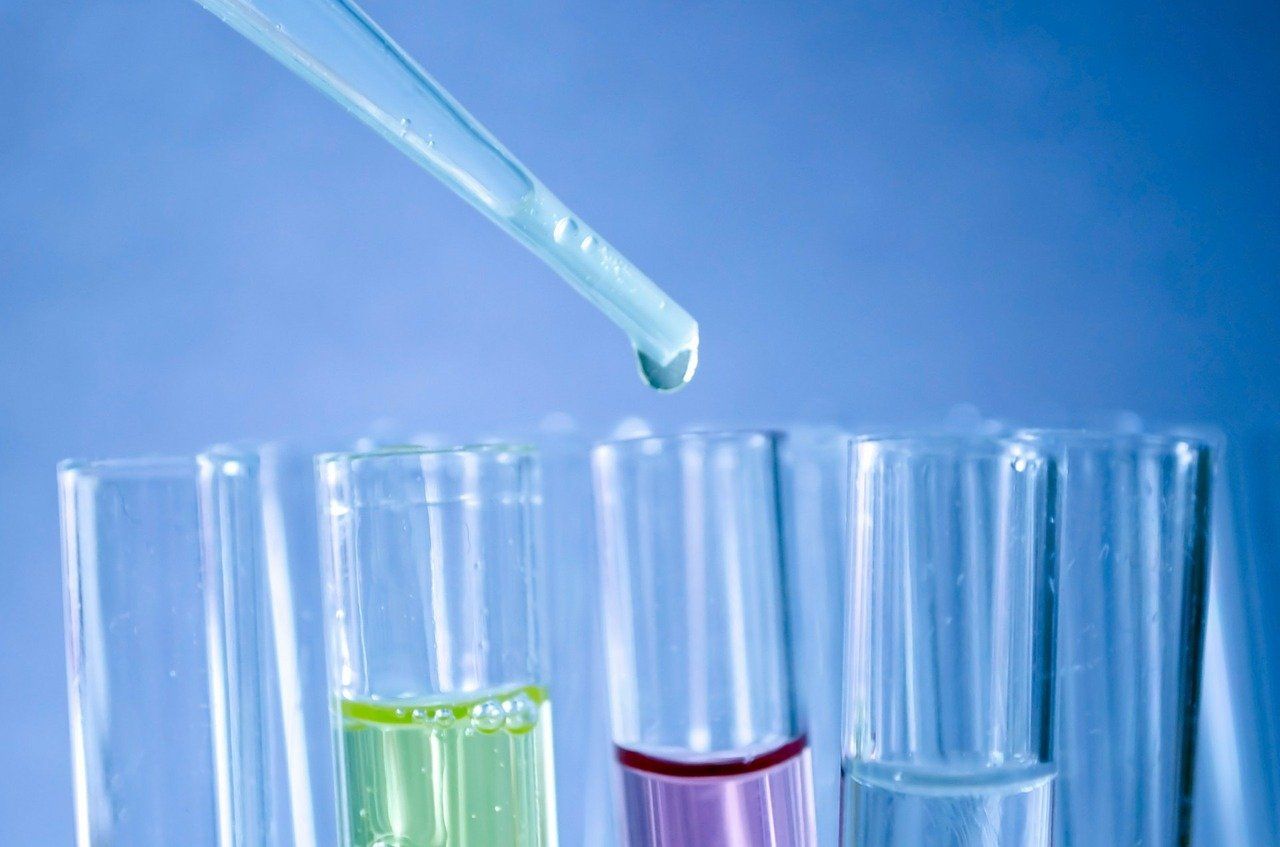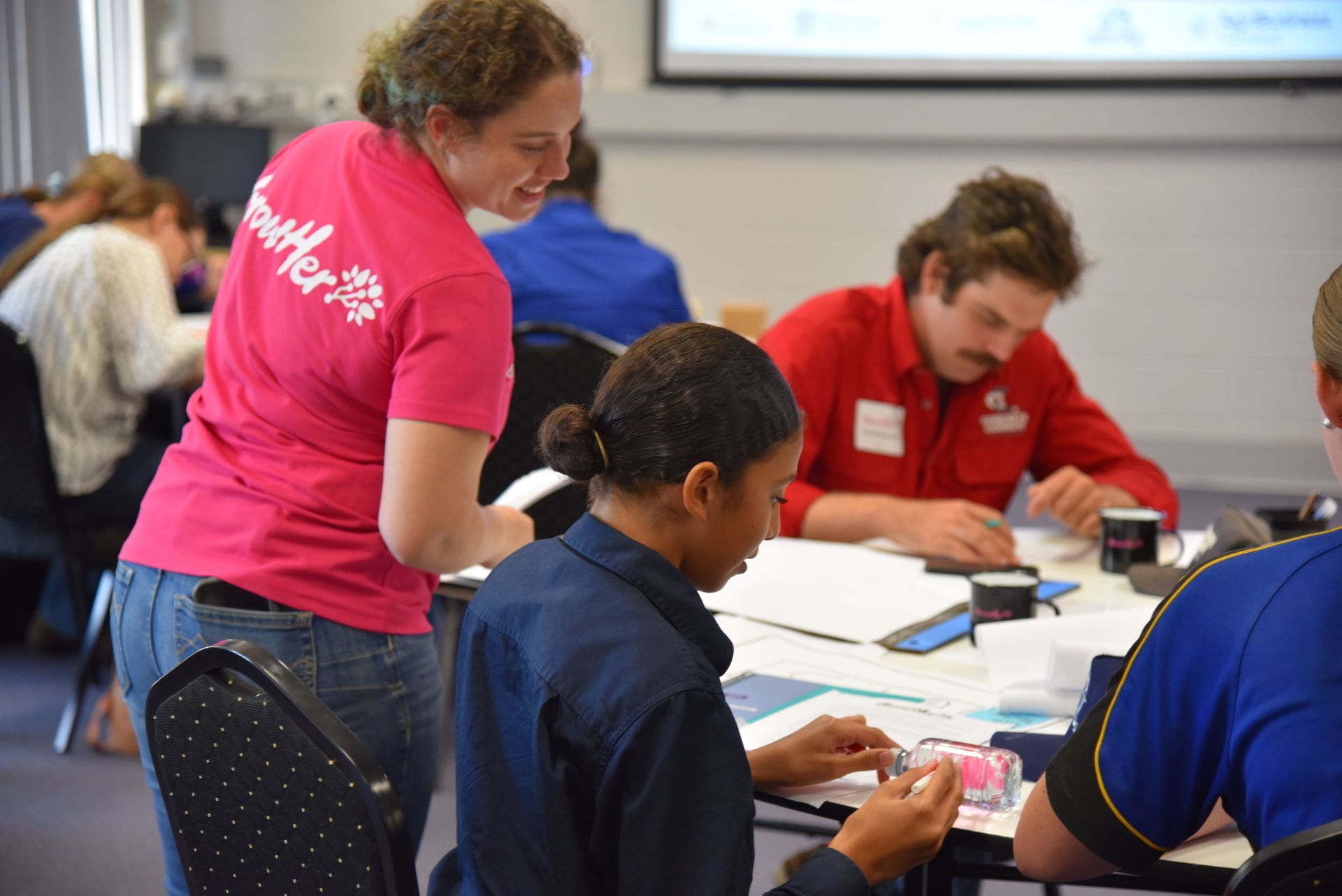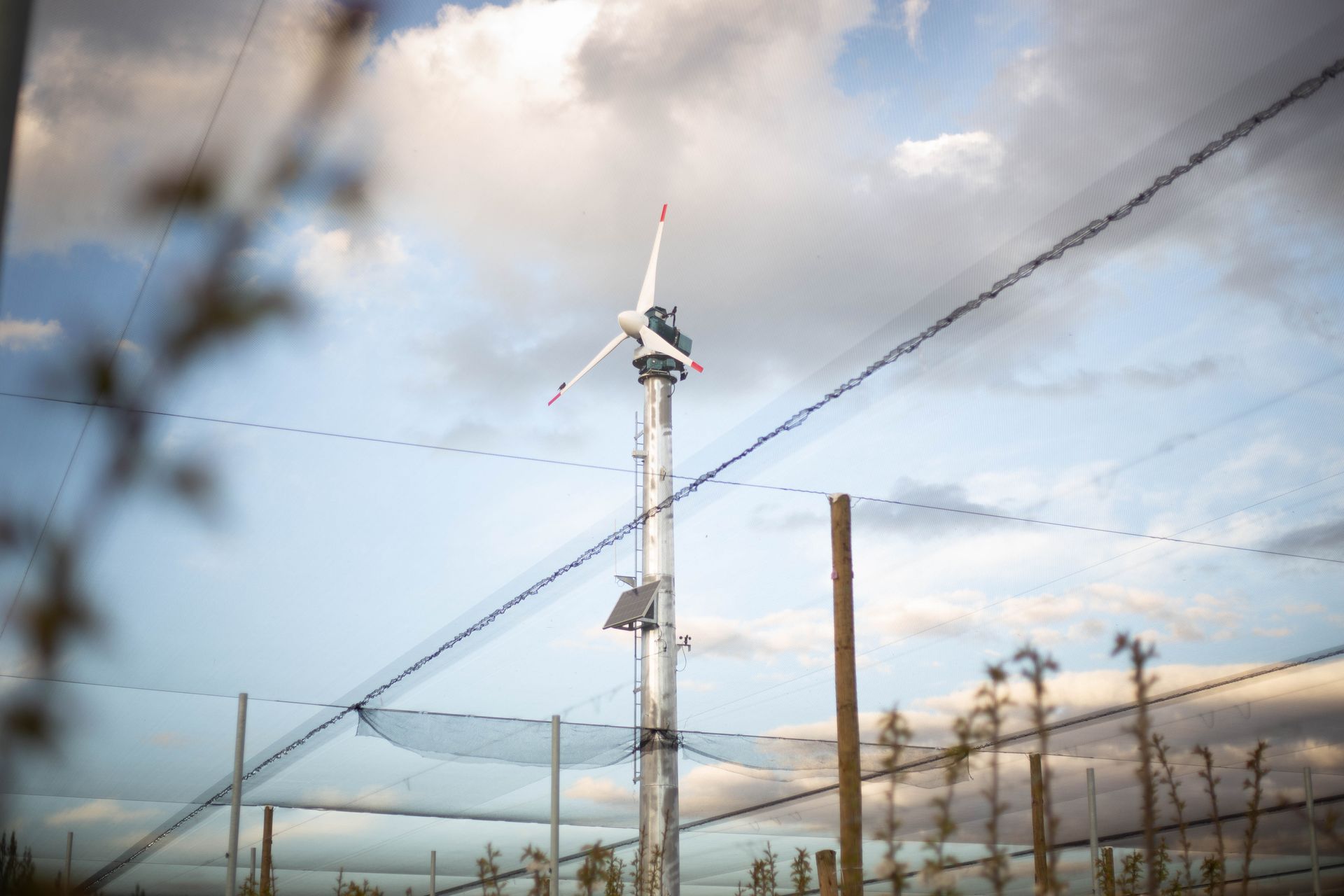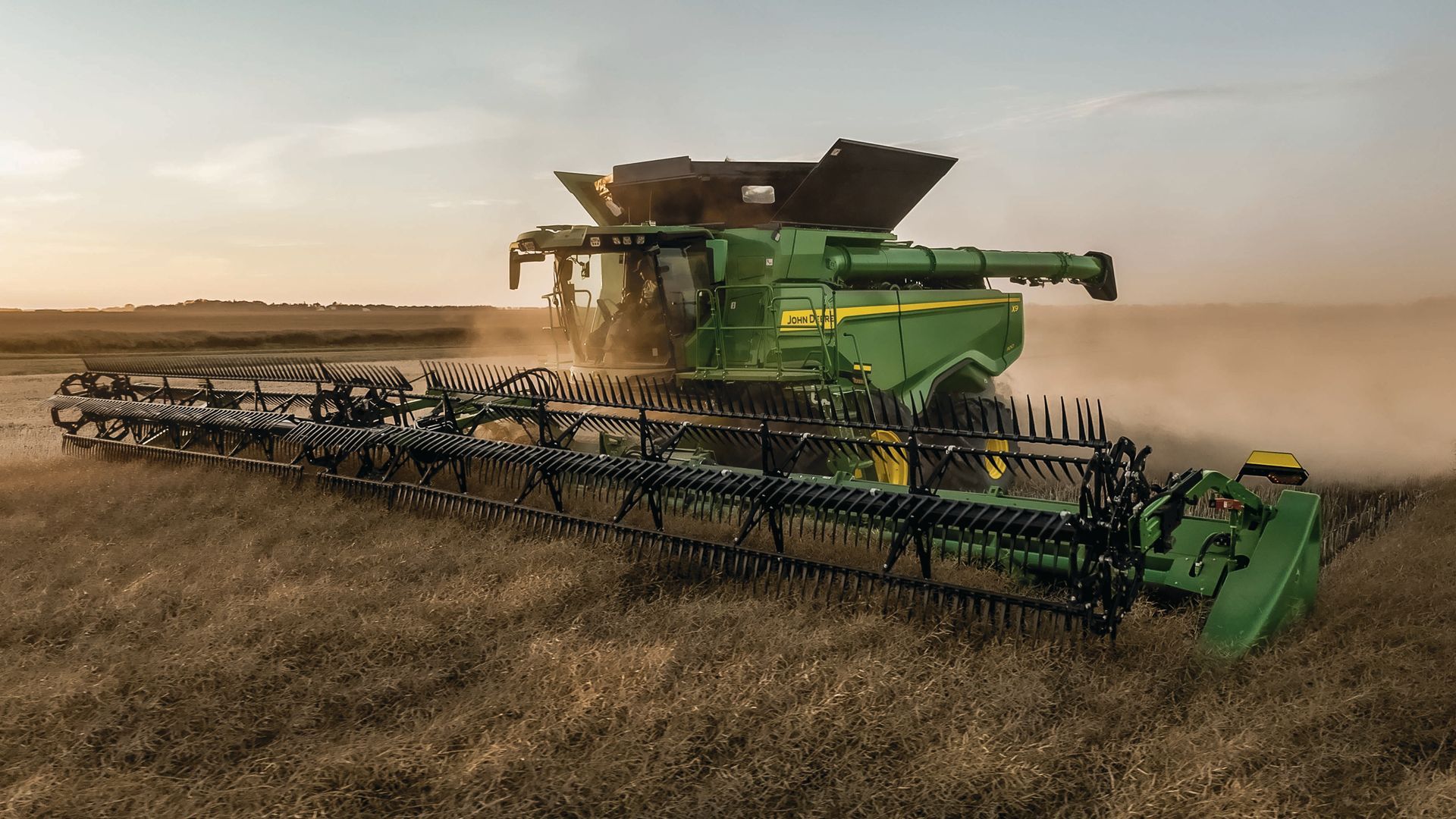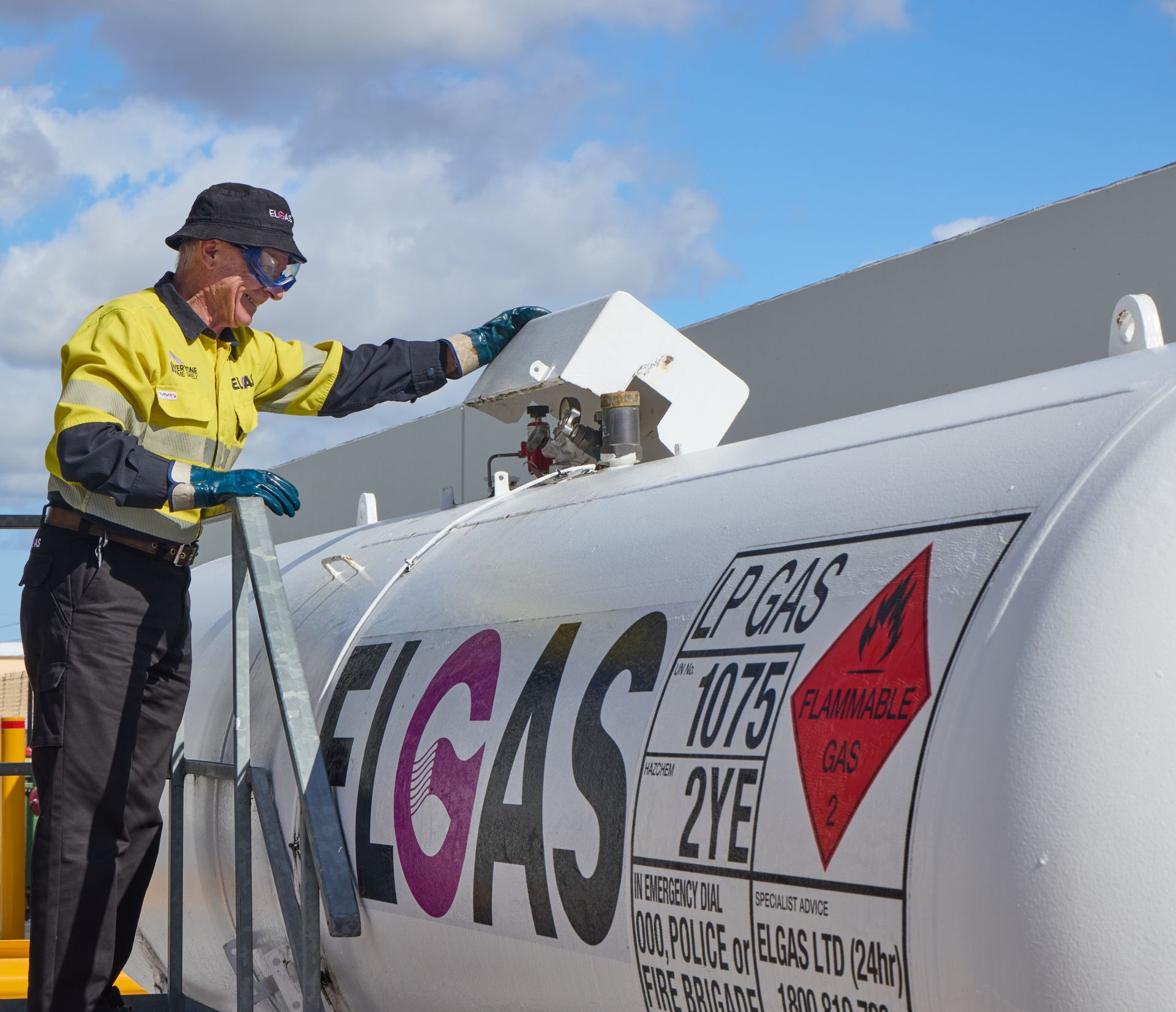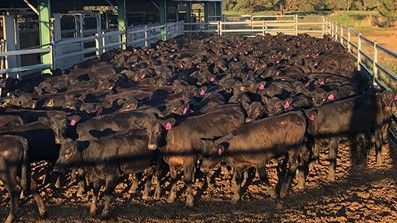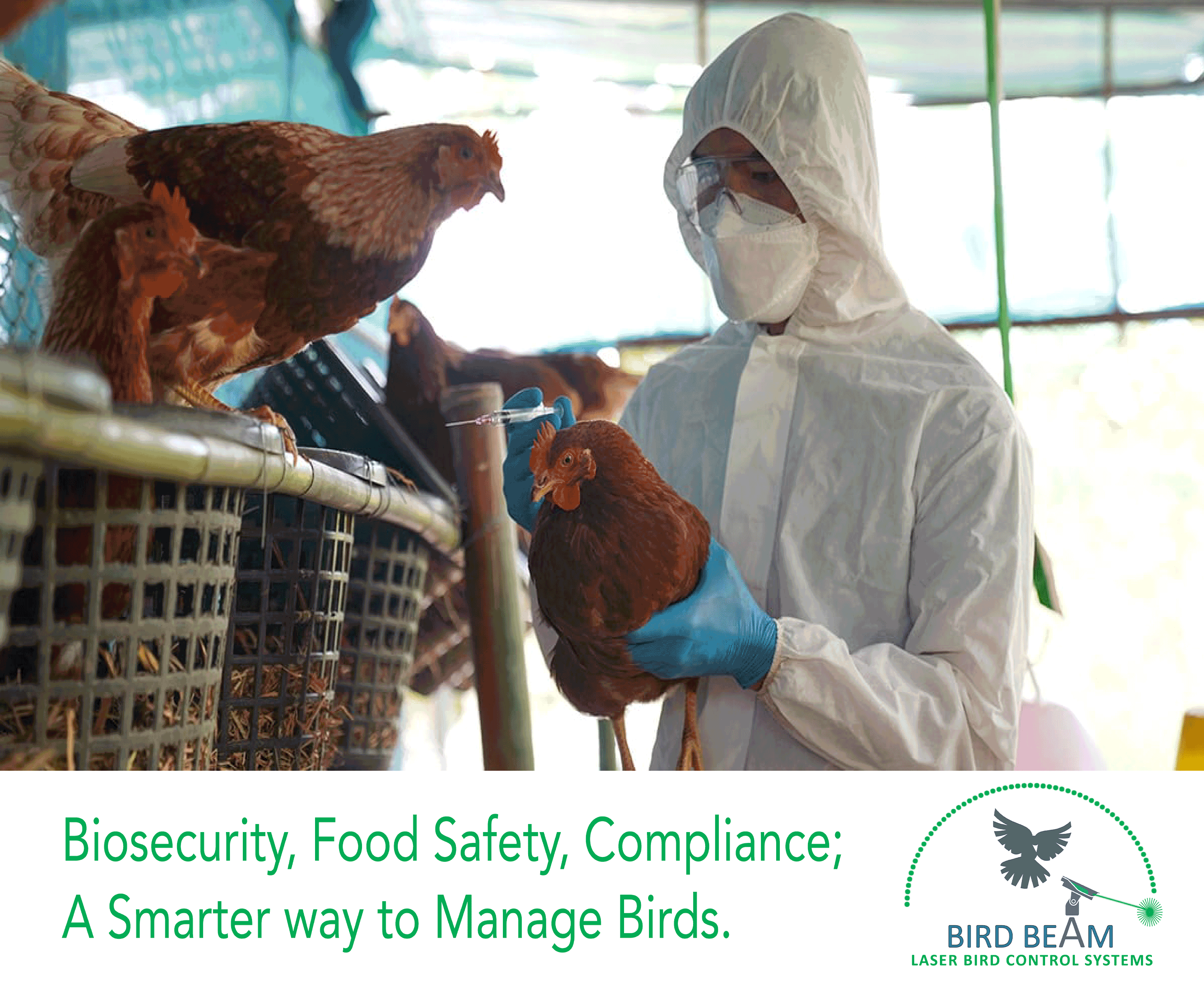1MG FlippingBooks
New genetic testing tech gives growers a competitive edge
A new project will advance the use of next-generation genetic sequencing technologies in plant quarantine procedures, boosting the competitiveness of Australian horticulture growers by enabling faster access to new plant stock.
The collaboration is being funded by Hort Innovation and facilitated by the Plant Biosecurity Research Initiative (PBRI), and will be led by the Queensland University of Technology (QUT).
The project will draw on expertise from the Victorian Department of Jobs, Precincts and Regions , the Federal Department of Agriculture and Water Resources and the New Zealand Ministry for Primary Industries.
“At the moment, the traditional biological testing platforms used for screening of imported plant species are resource-intensive, time-consuming and may produce ambiguous results,” says QUT Senior Bioinformatics Solutions Architect Associate Professor Roberto Barrero.
“Imported plants can spend up to three years undergoing pathogen testing, potentially impacting the ability of agricultural industries to access new crop varieties and adapt quickly to global market opportunities.”
Next-generation genetic sequencing technologies can potentially reduce this wait by six to 12 months, by offering a faster, more reliable and cost-effective way to identify all known plant pathogens without having to run numerous tests.
The project will also consider how to optimise these new techniques to screen pathogens in a variety of crops including grapes, citruses, berries and potatoes.
Hort Innovation R&D Manager Dr Penny Measham notes that the project’s ability to reduce the time imported plants spend in quarantine systems has a direct benefit for growers.
“Rapid and safe access to new plant genetic stocks, supported by appropriate policy, is crucial for primary industries to remain productive, profitable, sustainable and internationally competitive,” says Dr Measham. “This will enable our growers to stay abreast of current trends and improve their competitive edge.”
The research team will be working closely with policy groups and quarantine agencies in Australia and New Zealand to develop operating procedures and a quality assurance program for next generation sequencing testing.

